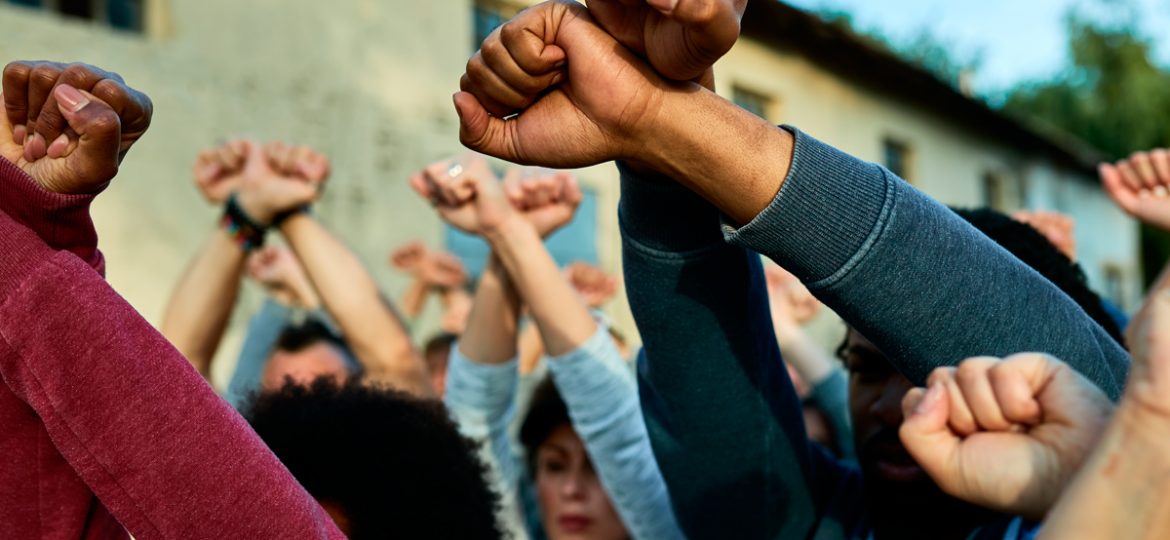
According to the index presented for this year, there are barely 24 full democracies in the world. That is, only 8% of the world population lives in a democracy. 37.3% do so in a democracy with problems. While 54.8% are under hybrid and authoritarian regimes, which is equivalent to more than half the planet being subjected to dictatorial contexts.


The issue of similarities and trends is a topic to deepen and continue to systematize, however we can see the constants of the authoritarian drifts already quite cemented. Added to this strong tendency to demolish the foundations of democracy from its base are the imposing social and technological changes that are taking place, which demand a democracy that is more efficient and flexible in terms of its adaptability. In an age where information abounds, democracy faces enormous challenges. There are many studies that have been warning that social networks are today echo windows where, due to the nature of the algorithm itself, their own worldviews are strengthened and ideological debates are strengthened, completely nullifying the heart of democracy, which is the plurality of ideas. .
Within this cocktail of attacks against democracy, the massive violations of human rights are equally subscribed. The new authoritarianisms share a pattern among themselves: their contempt for elementary rights. Criminalizing the work of civil society organizations. We see arbitrary arrests against aid workers, democracy advocates and social activists. The judicial files against civil organizations that denounce abuses by the security forces and abuses of power are multiplying. We also see that in authoritarian countries such as Venezuela, Nicaragua, Cuba and El Salvador, legislation is approved to prevent the financing of these organizations, in order to suffocate them economically until they disappear, end their independence, expel them from the country and even strip them of their nationality to leaders and activists for democracy.

